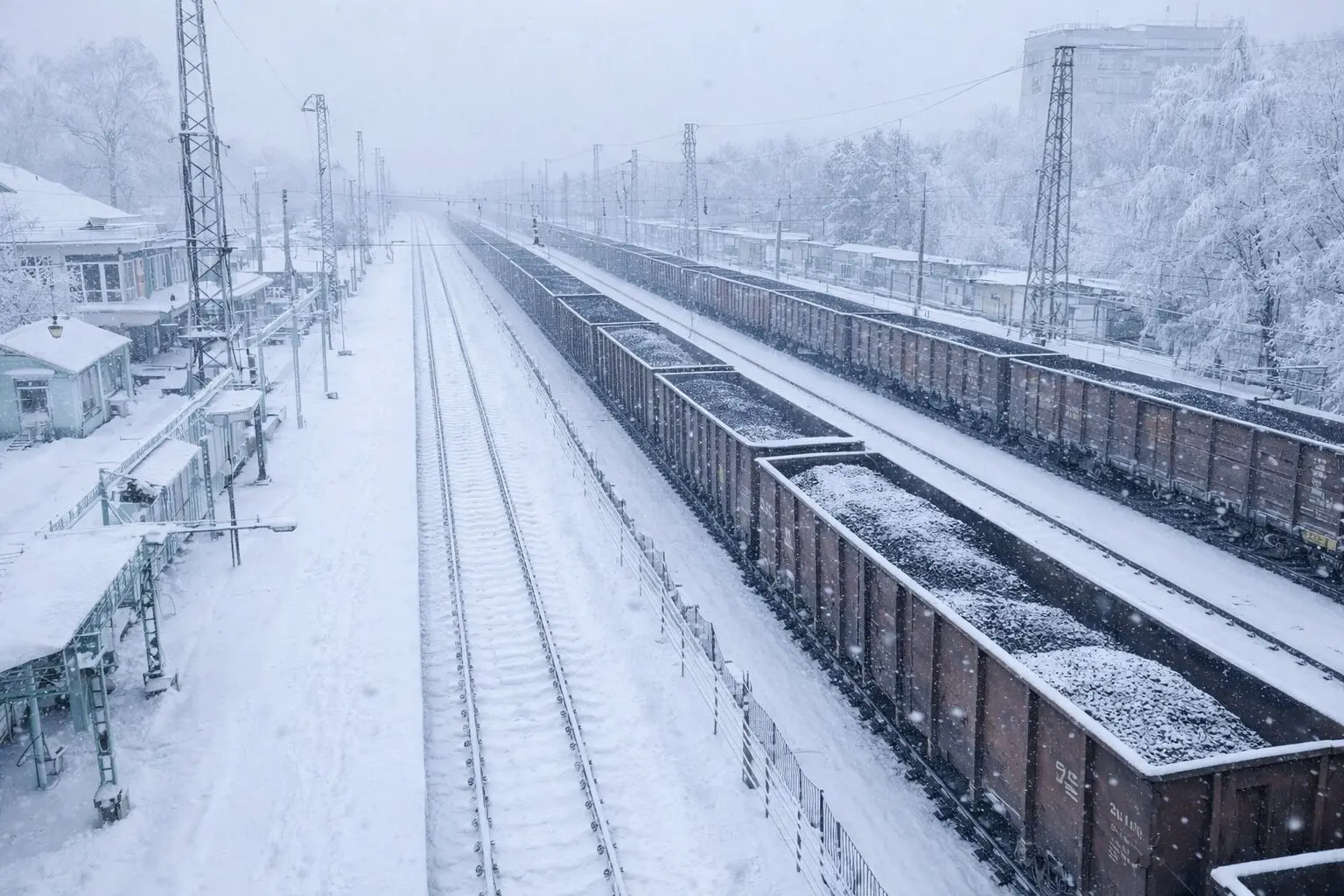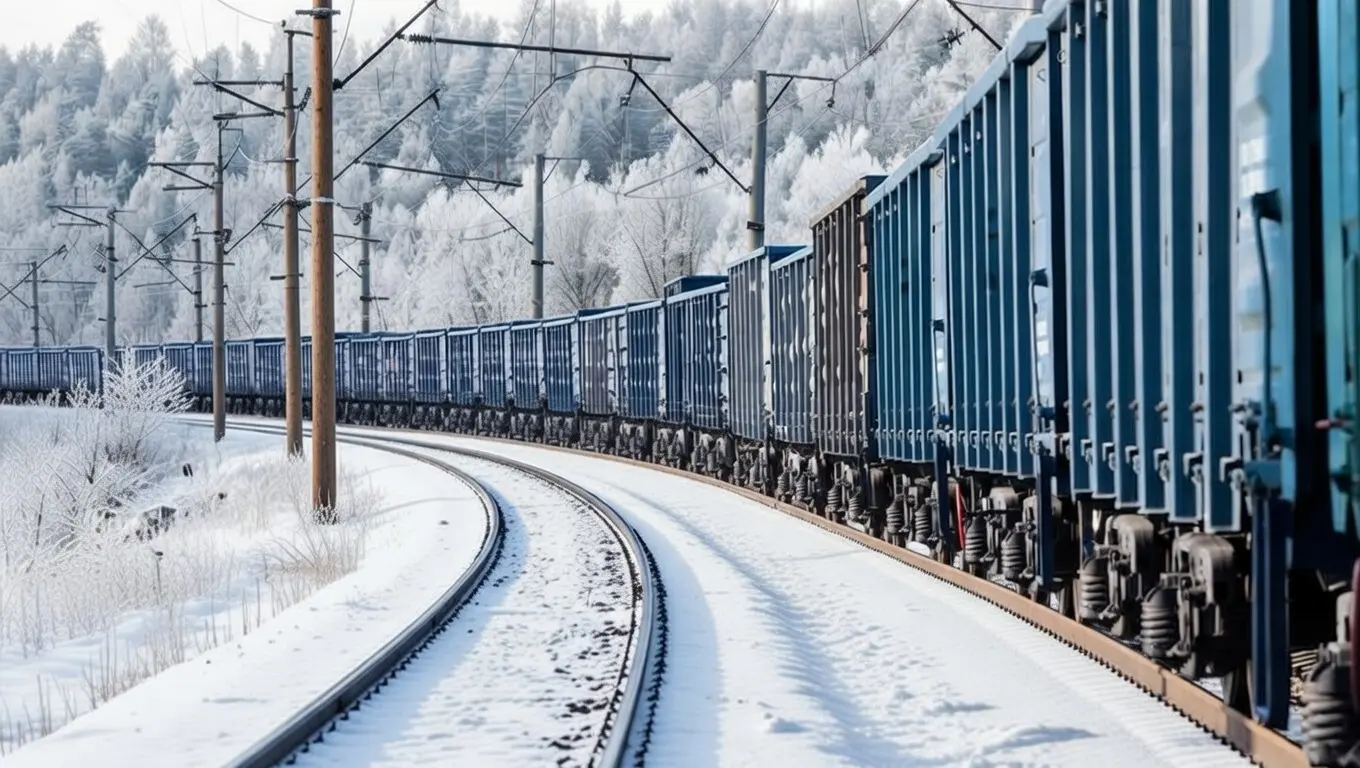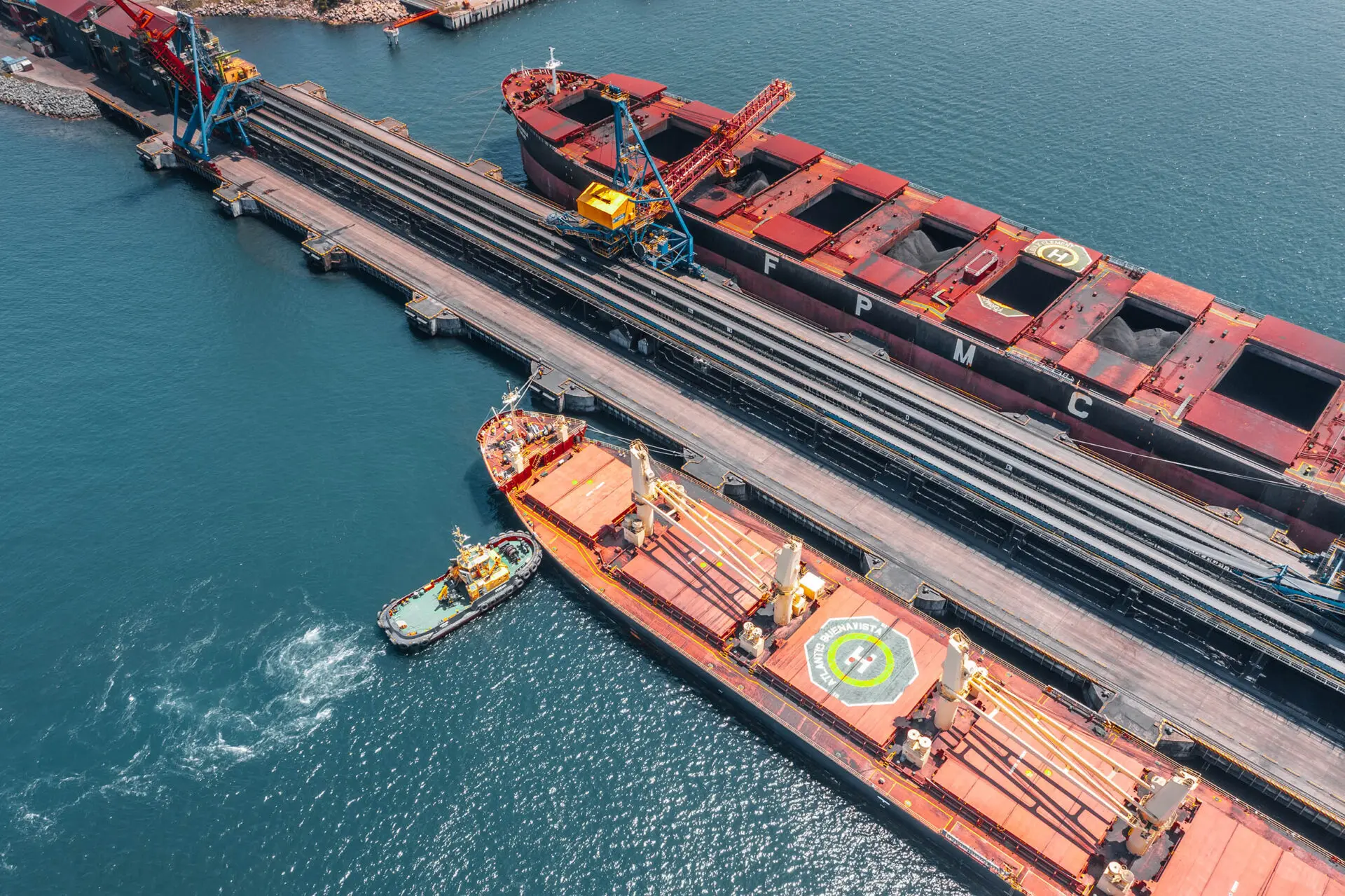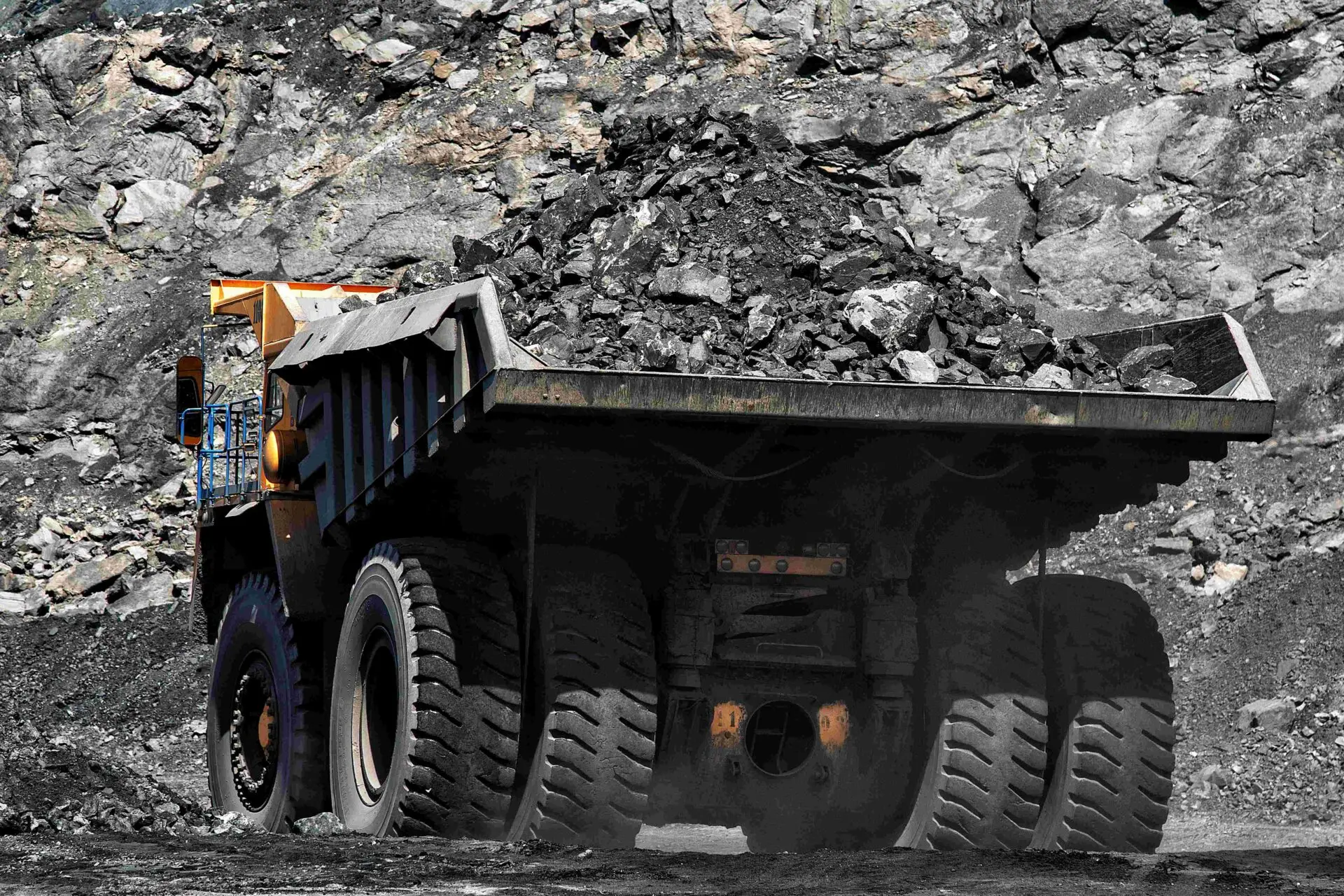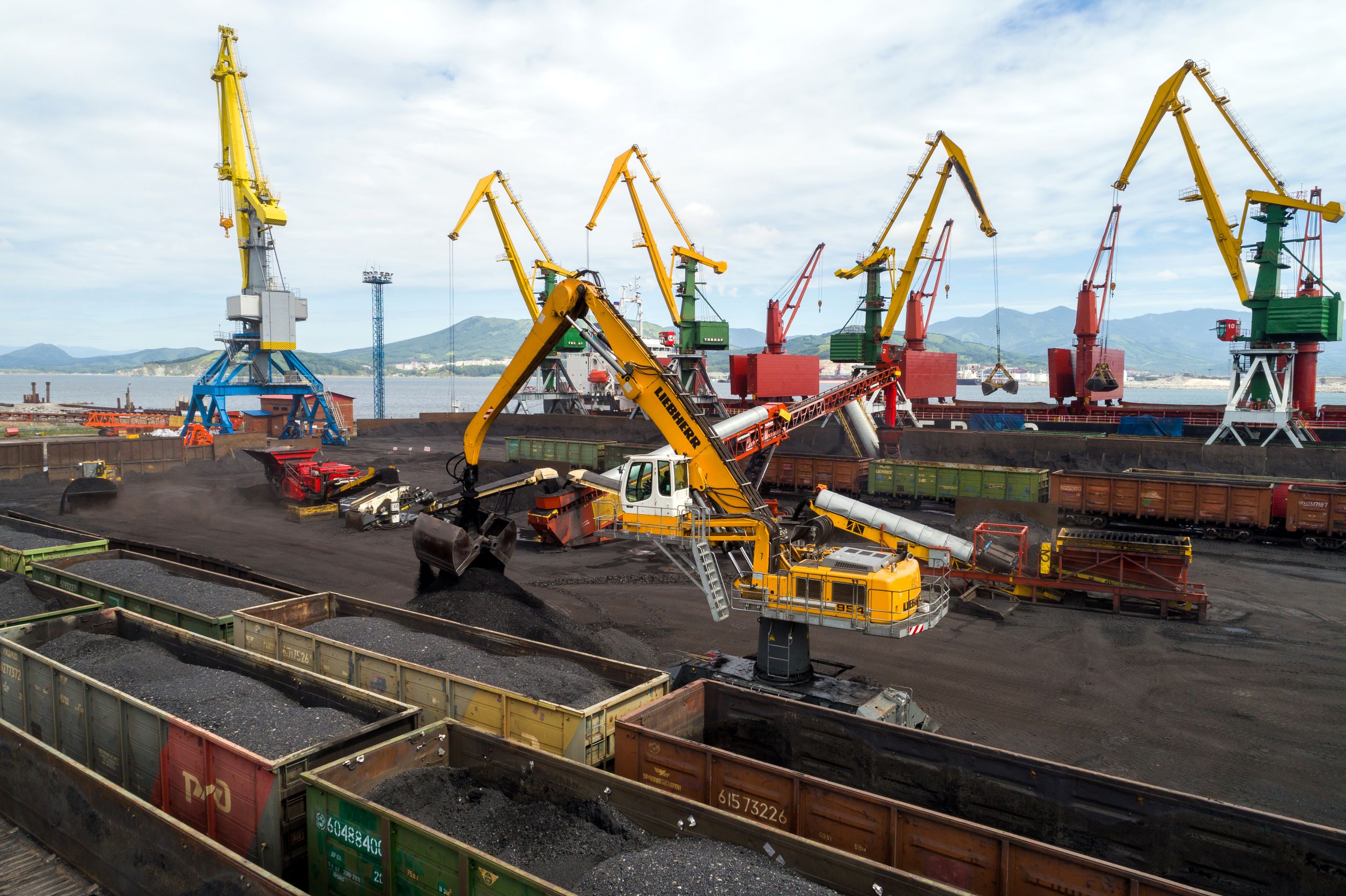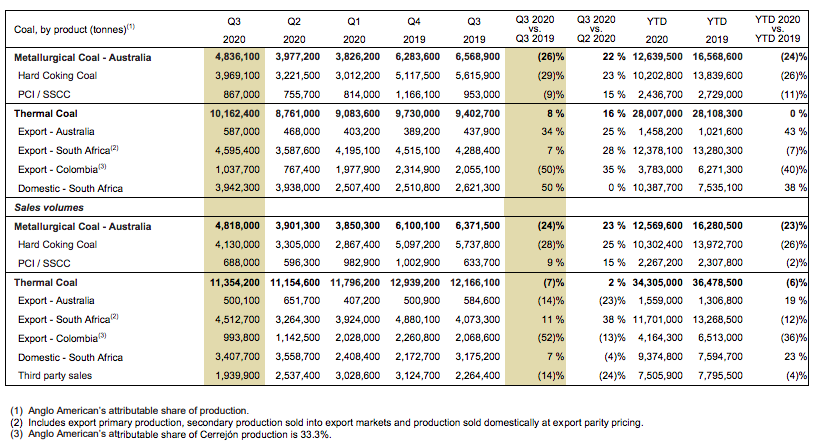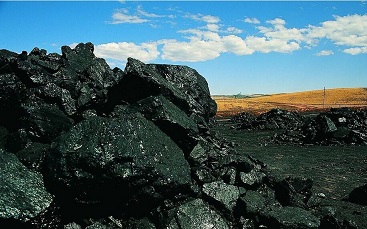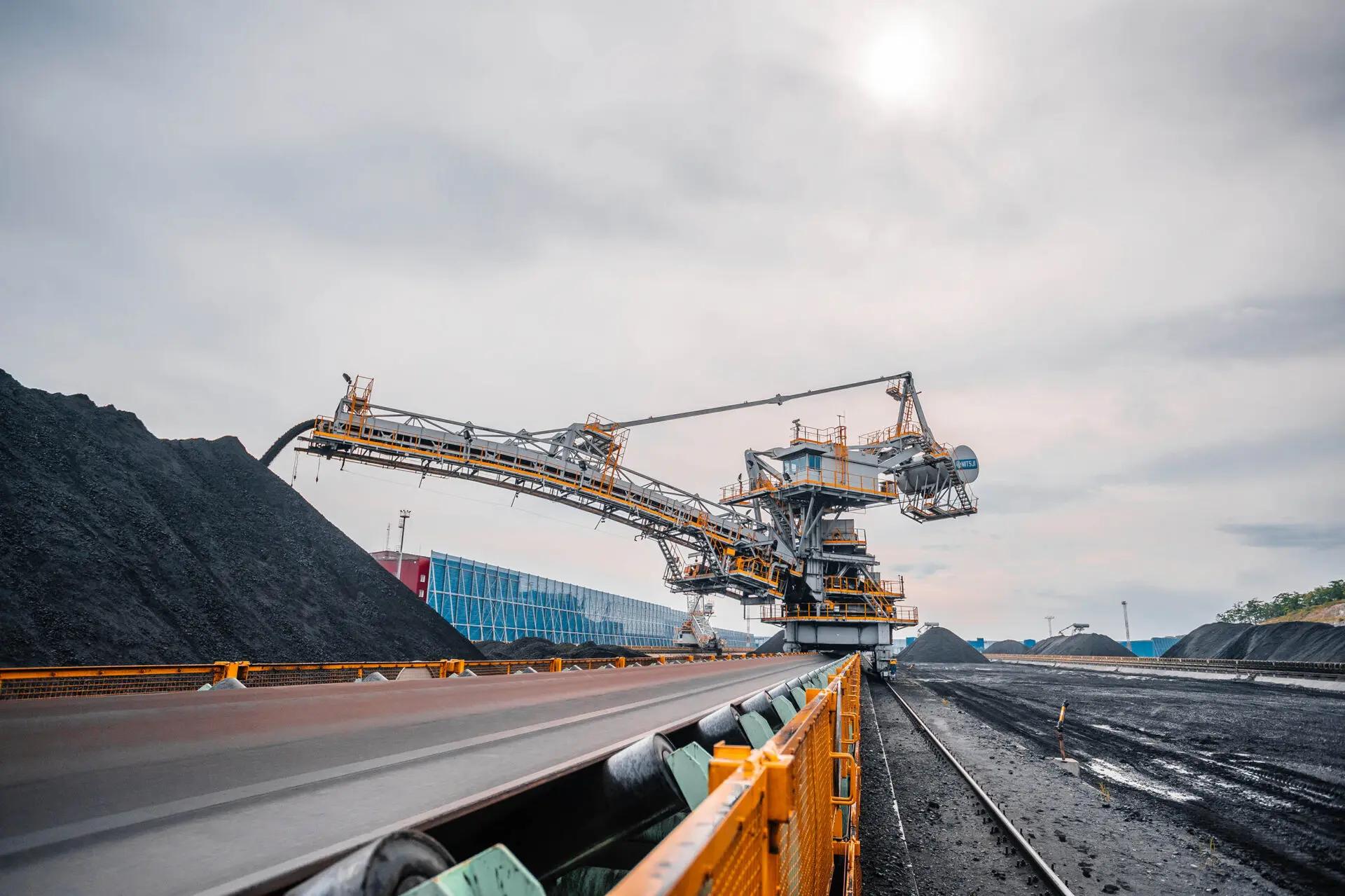

Over the past week, thermal coal quotes on the European market climbed above 140 USD/t after a prolonged decline. The strengthening of indices was caused by the increase in coal generation and the decline in electricity production from renewable sources, as well as stabilization of gas prices.
The share of coal-fired generation in Germany’s energy mix increased up to 20% last week from 15% the week before, while the renewables’ share fell to 26% from 40% a week earlier, compared to 67% in the same period of 2022.
Gas contracts at the TTF hub settled at 600 USD/1,000 m3 (flat w-o-w). Meanwhile, the US LNG terminal Freeport resumed deliveries to Europe last week after an accident in June 2022.
Coal stocks at ARA terminals totaled 7 mio t (+0.1 mio t or +2% w-o-w).
South African High-CV 6,000 quotations strengthened above 135 USD/t amid rising European indices, supply cuts by smaller producers and the blocking of several rail lines due to infrastructure damage caused by heavy rains.
On February 10, South African rail operator Transnet suspended traffic on the North-East Corridor because of damaged infrastructure resulting from torrential rains. Cross-border traffic to the Mozambican ports of Maputo and Matola was also halted.
In China, spot prices for 5,500 NAR at the port of Qinhuangdao dropped by 18 USD/t to 146 USD/t, following the continued increase in coal inventories at ports and consumers’ stocks.
Another negative factor was Shenhua coal company’s price cut for Medium- and Low-CV coal by 17 USD/t for the next week (February 15-21). Thus, the cost of 5,500 material, including shipping to the port, was about 137 USD/t FOB, putting pressure on other suppliers.
Exports of Australian coal to China faced risks as some shipments ran into a delayed customs clearance procedure. In some cases, Australian material had to be redirected to other Southeast Asian countries, adding to market participants’ pessimism in assessing further easing of restrictions on imports from Australia.
Indonesian 5,900 GAR lost 3 USD/t to 134 USD/t on the back of low buying activity, as traders expect the downtrend to continue. Weak demand and high production in China also negatively affected Indonesian quotations.
High-CV Australian 6,000 collapsed below 195 USD/t. The main reason was low demand in Europe, that resulted in coal from the US, Colombia and South Africa being actively diverted to the Asia-Pacific, competing with Australian supplies.
Australian metallurgical coal indices spiked above 380 USD/t on fears of insufficient supply. Prices were also supported by the rising demand for steel, with ArcelorMittal resuming production at several blast furnaces, which had been stalled last year.
The Gladstone port railway line resumed service on February 11 after repairs. More than half of PCI coal shipments from Queensland are delivered along this line, which was blocked after a train collision late last month.
Source: CAA

